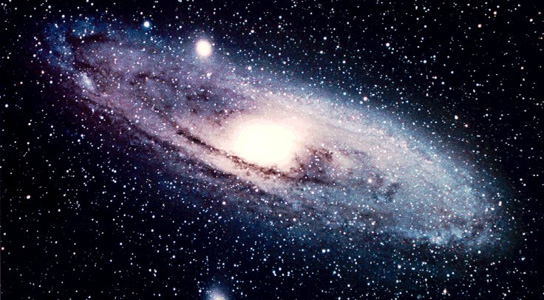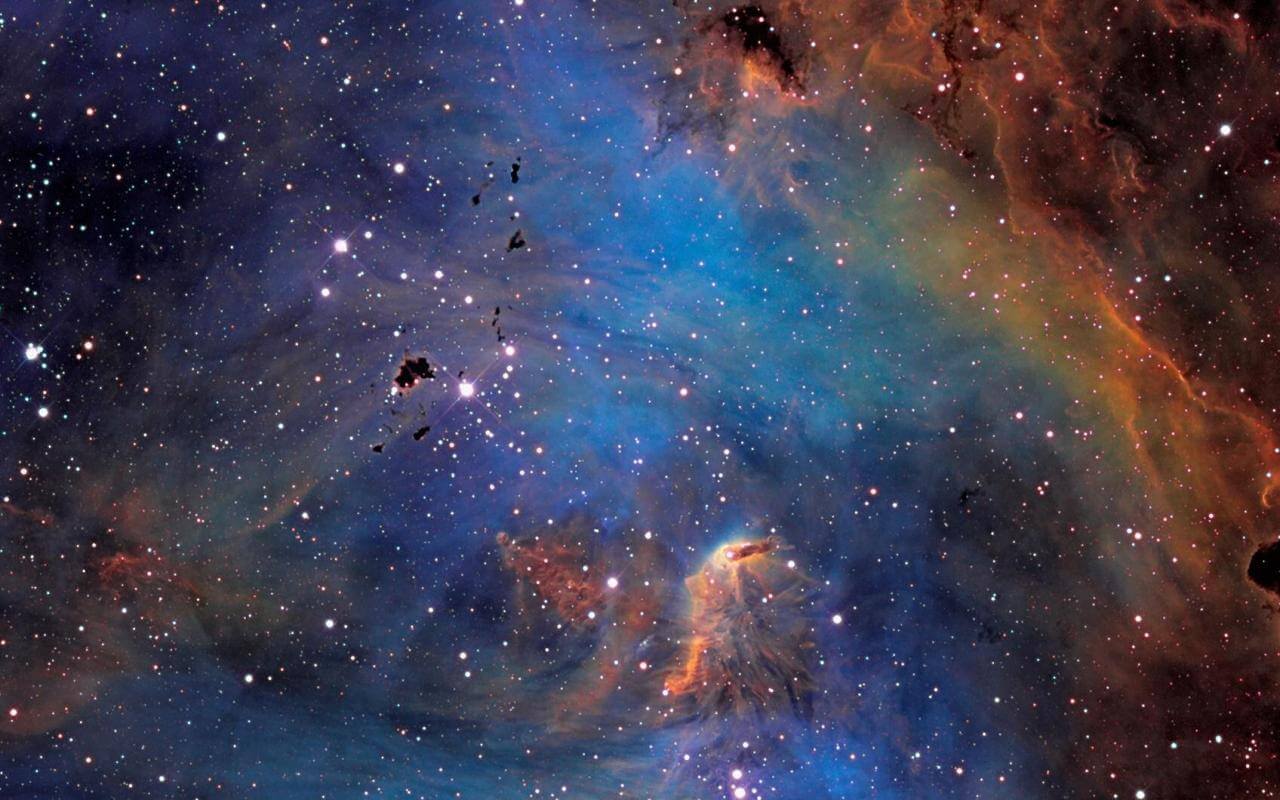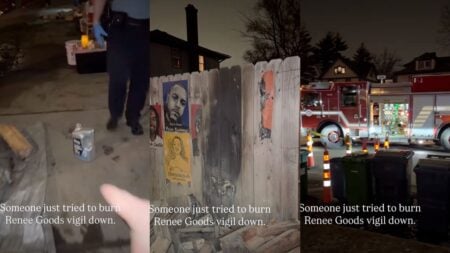Better get moving on that bucket list.
New studies conducted by an international team of astronomers confirm that our universe is slowly dying out. After testing the strength across 200,000 unique galaxies, astronomers found only one half of energy today compared to two billion years ago.
““The Universe will decline from here on in, sliding gently into old age,” said Simon Driver a professor at The University of Western Australia who also leads the GAMA team. “The Universe has basically sat down on the sofa, pulled up a blanket and is about to nod off for an eternal doze,” Simon said in the statement” (Quote from NPR).

Some of you including myself may be wondering, well, what the heck happens when everything goes away? Another member of the research team chimed in to answer:
““Once you’ve burned up all the fuel in the universe, essentially, that’s it,” says Joe Liske of the University of Hamburg, one of the members of the research team. “The stars die, like a fire dies, and then you have embers left over that then glow but eventually cool down. And the fire just goes out,” Liske told NPR” (Quote from NPR).
I often remember staying up late with my friend during our youth, debating what exactly is out there. Trying to wrap my mind about how large the universe is gave me a brain freeze. After everything burns out, and the universe returns to being a blank palette of nothing, what will happen then? If all the stars collapse and nothing is left, will all of the black holes floating around combine to form a super black hole? One thing that Jurassic Park taught me is that “life will find a way.” Imagine thinking about another universe that generates in four billion years, having no traces of what was left behind. These questions cannot be answered, but make for incredible dinner conversation.
Thanks to NPR for quotes and story.







